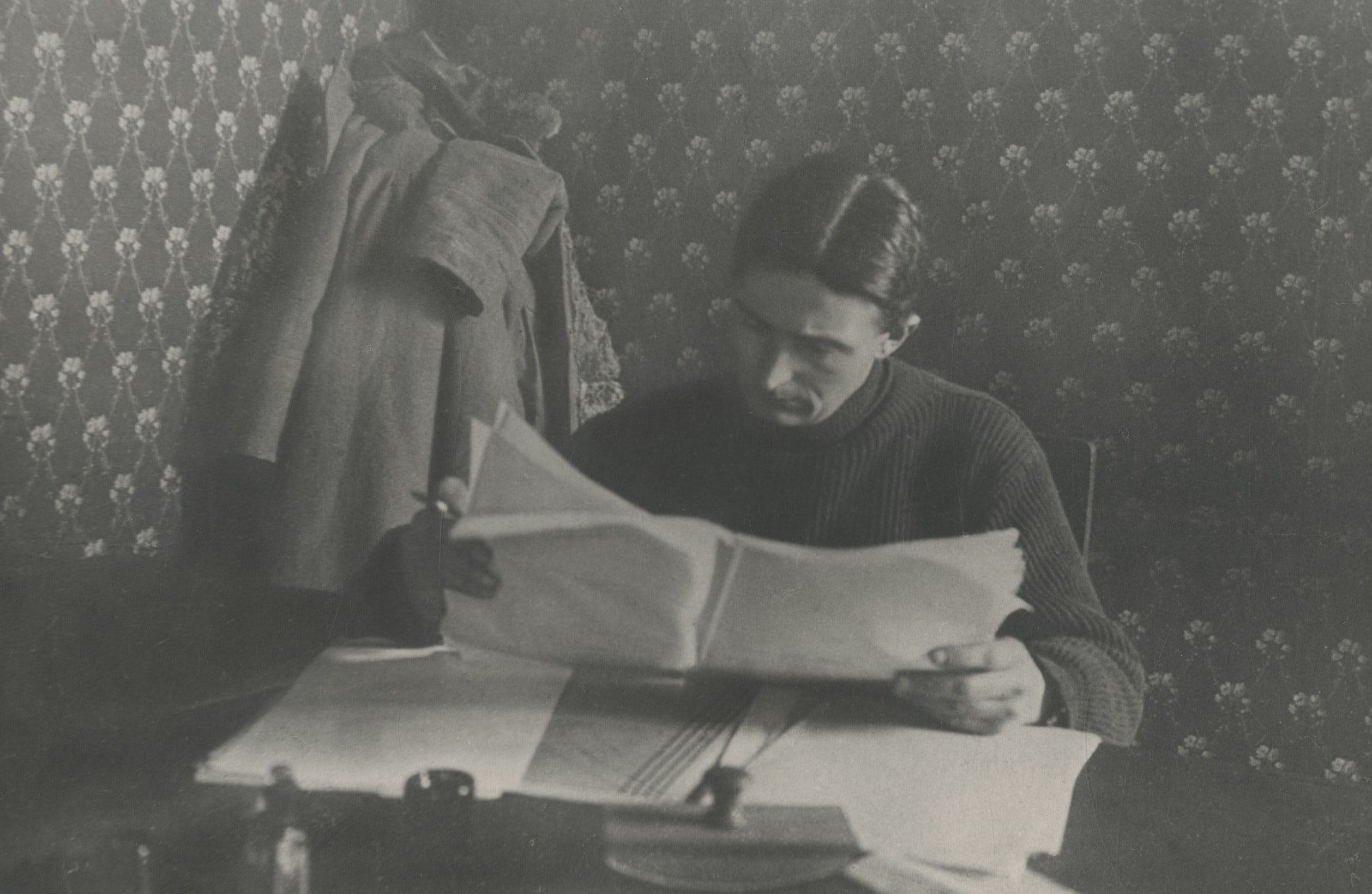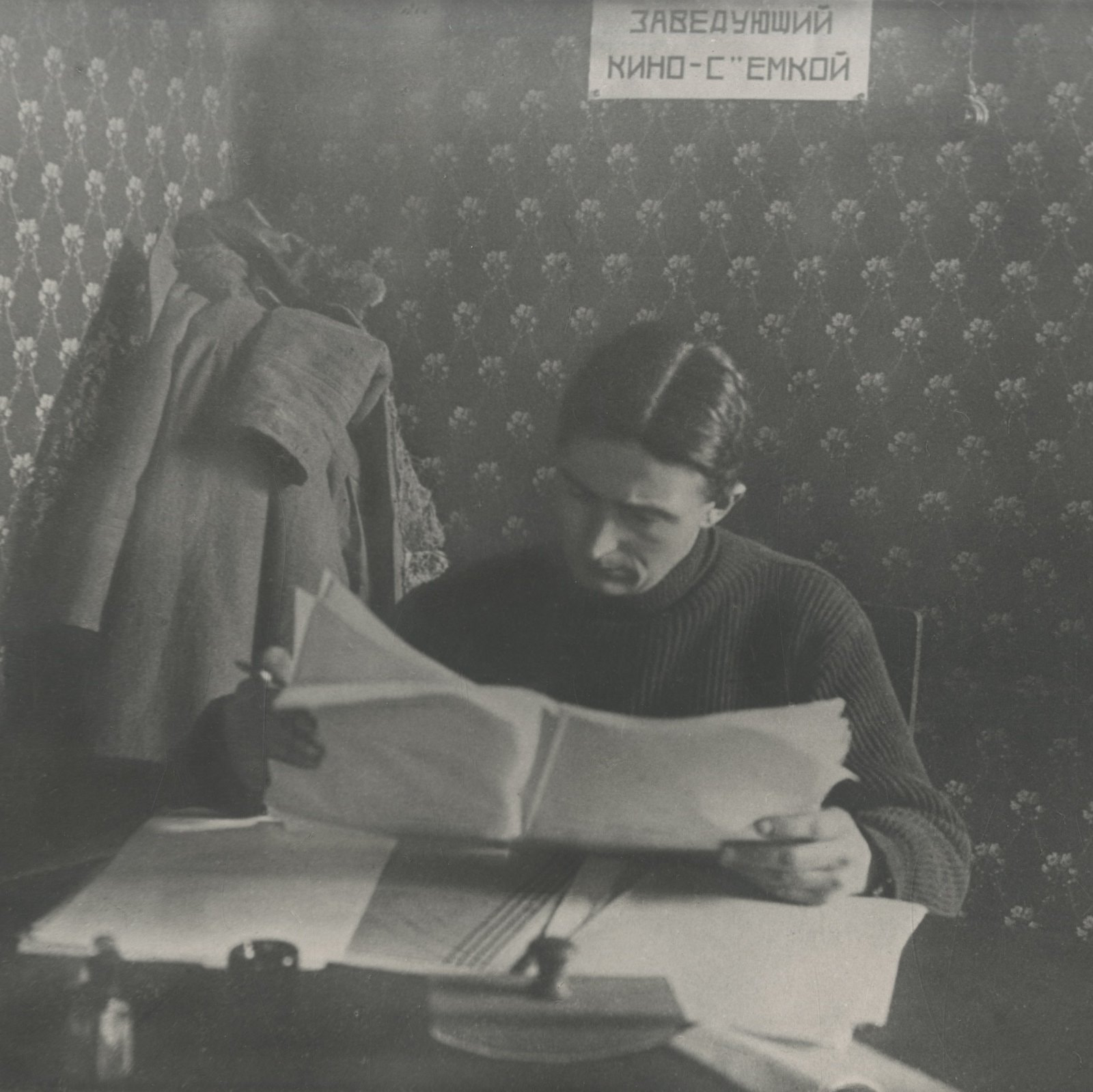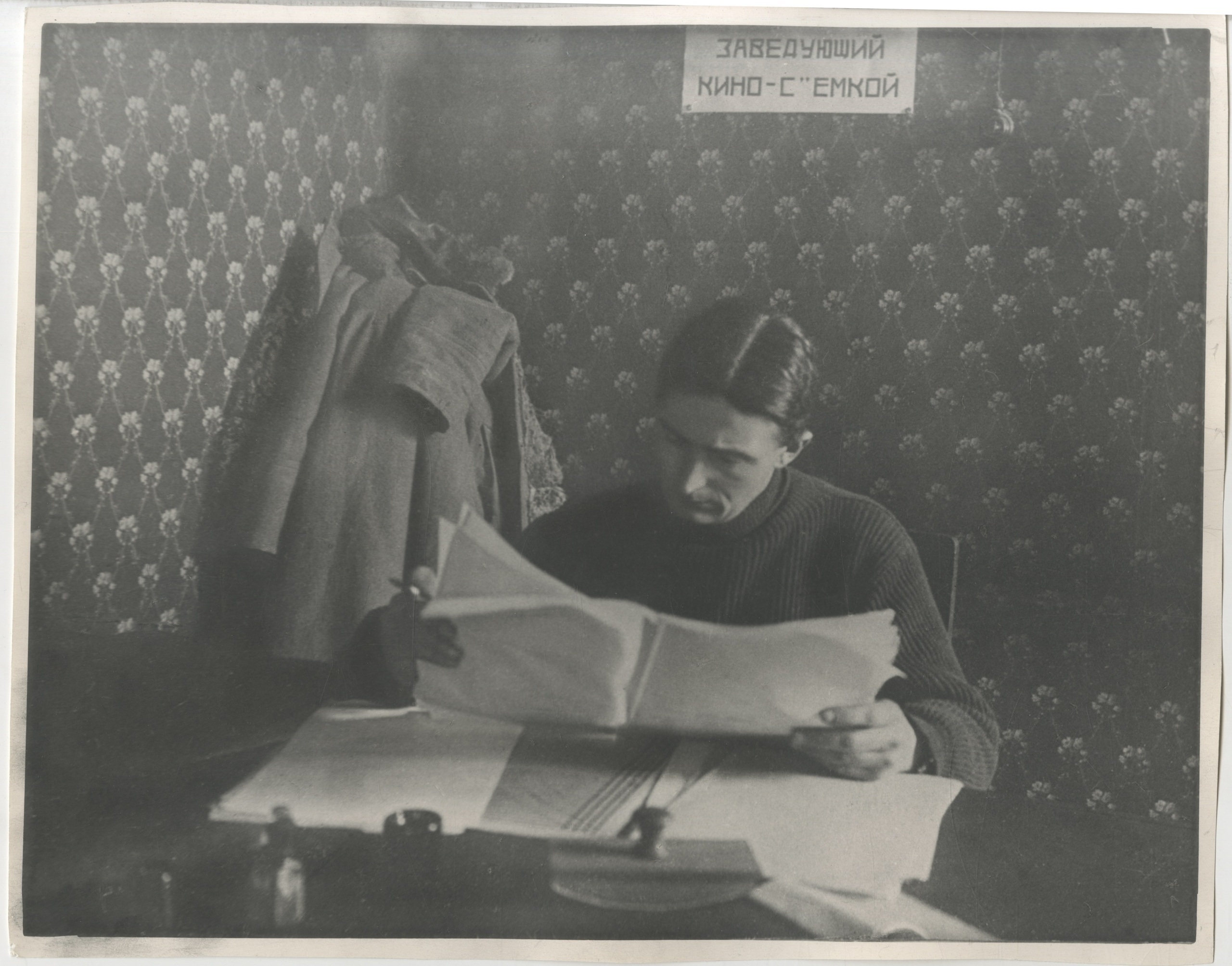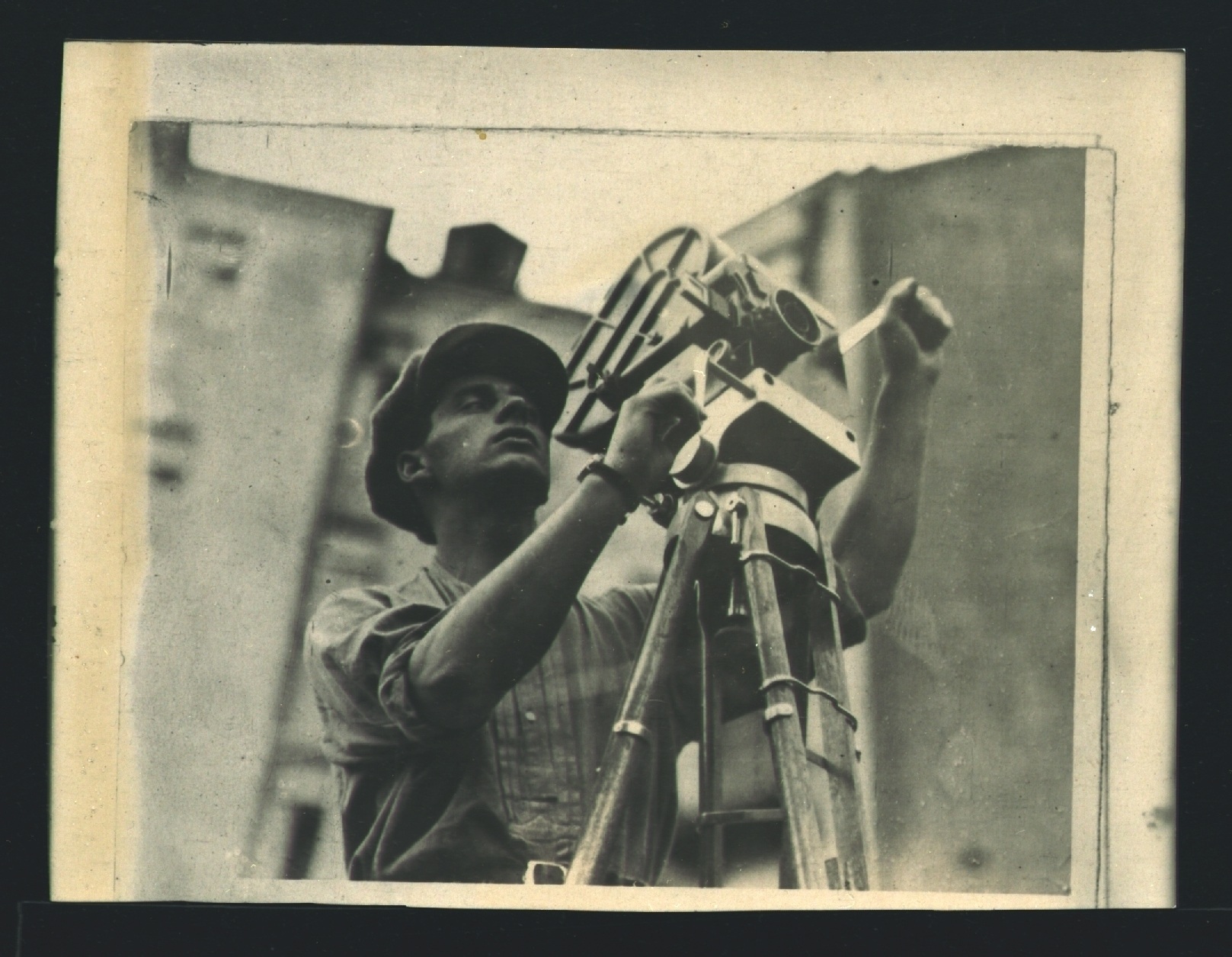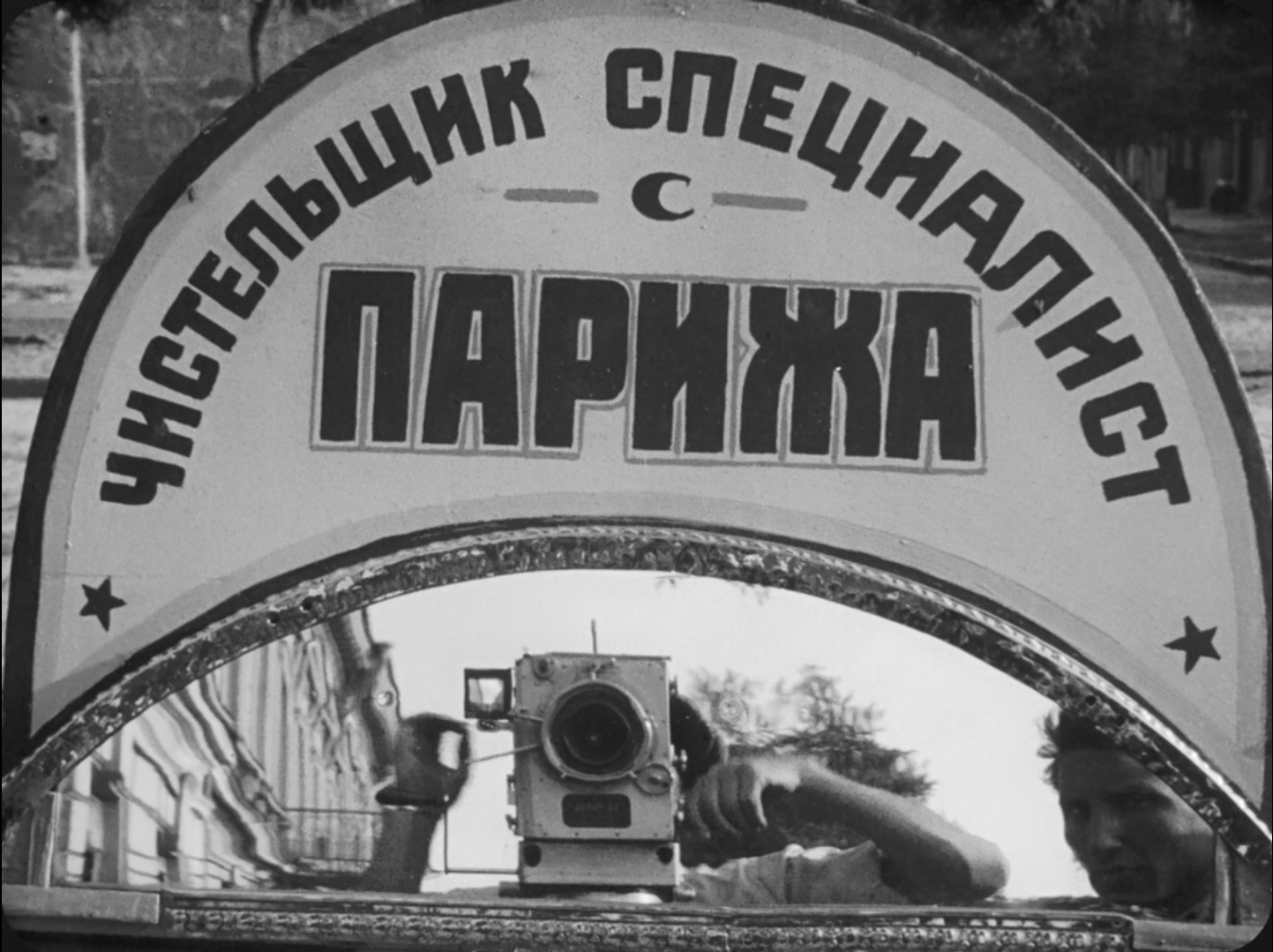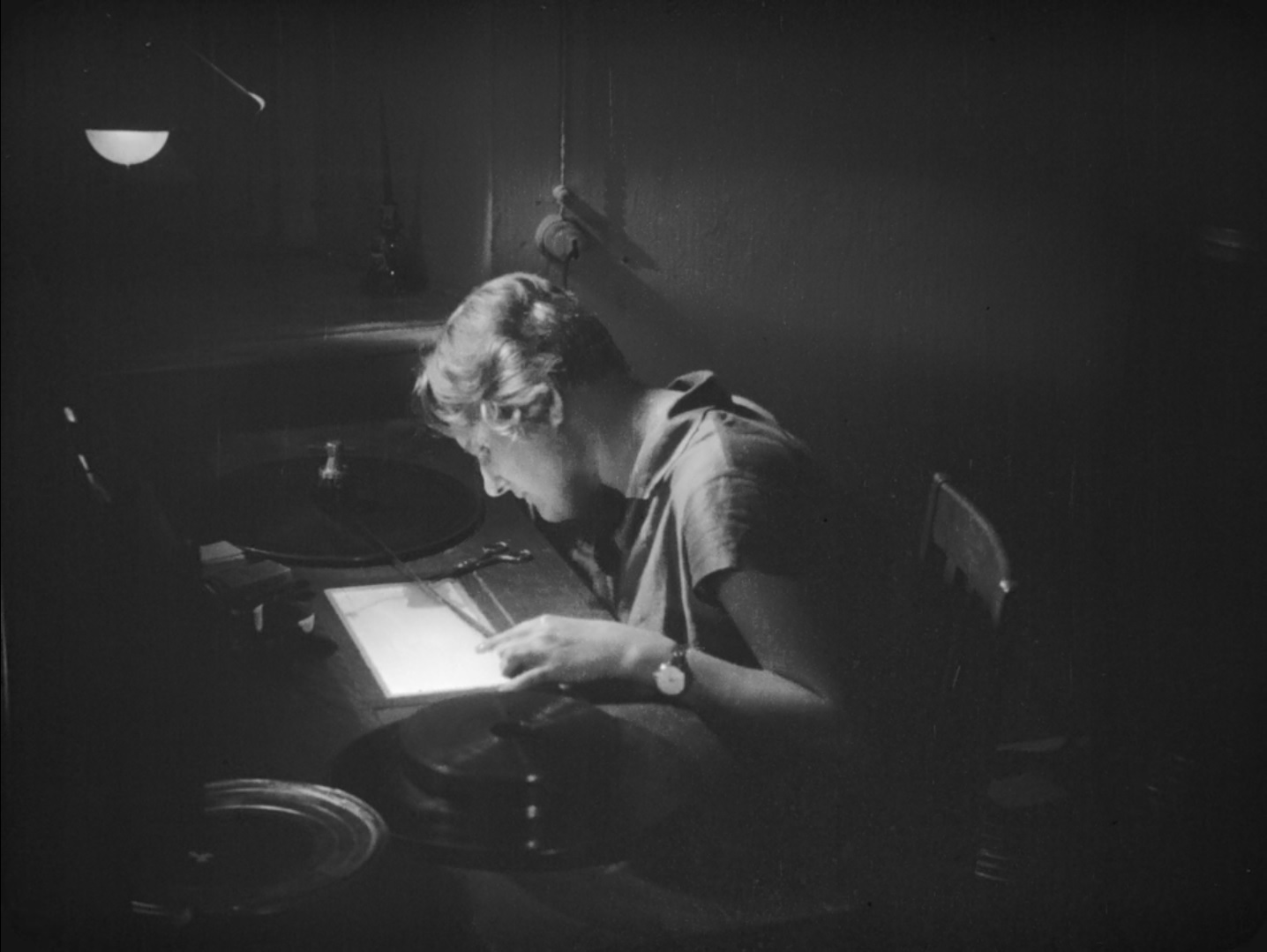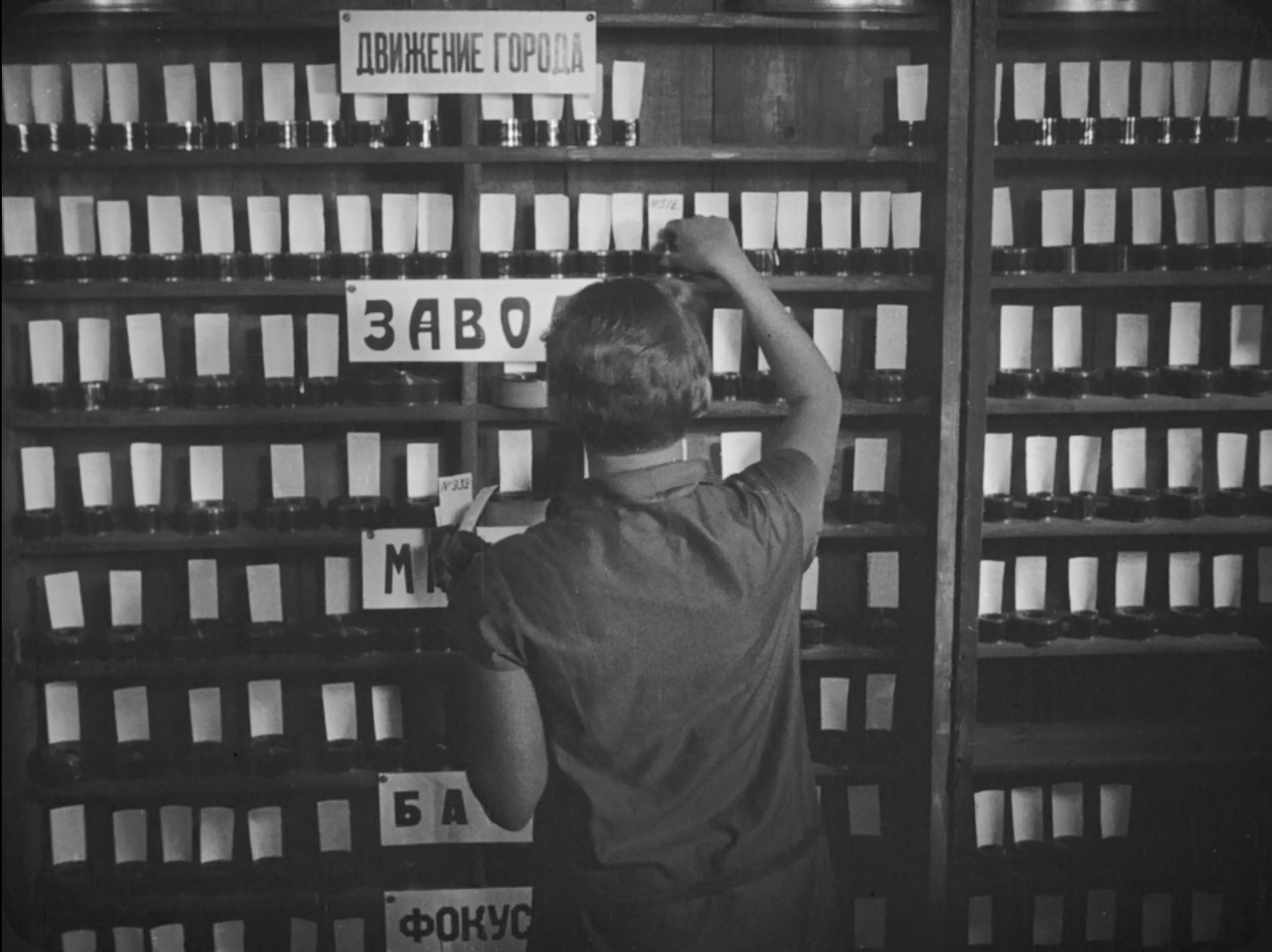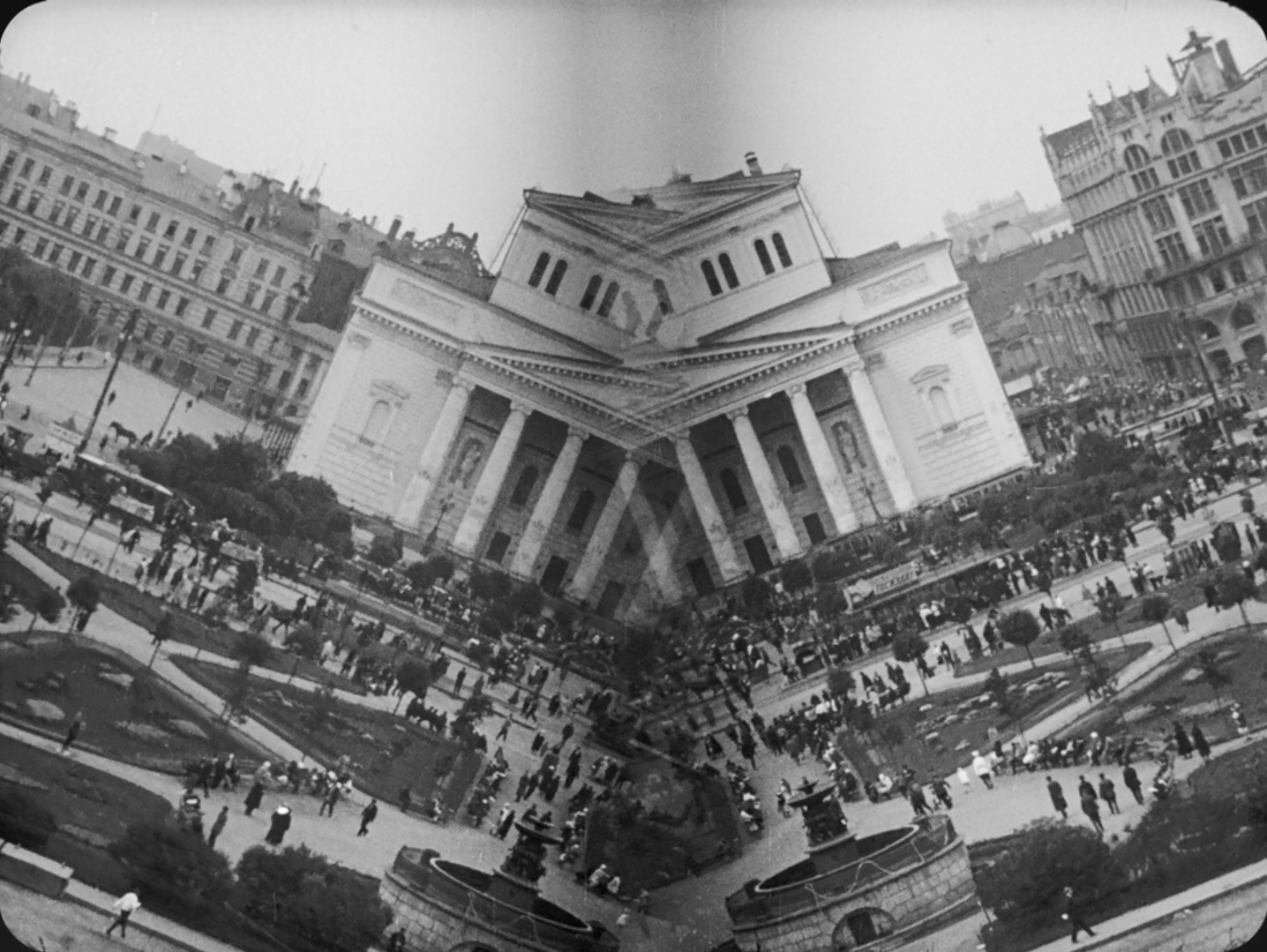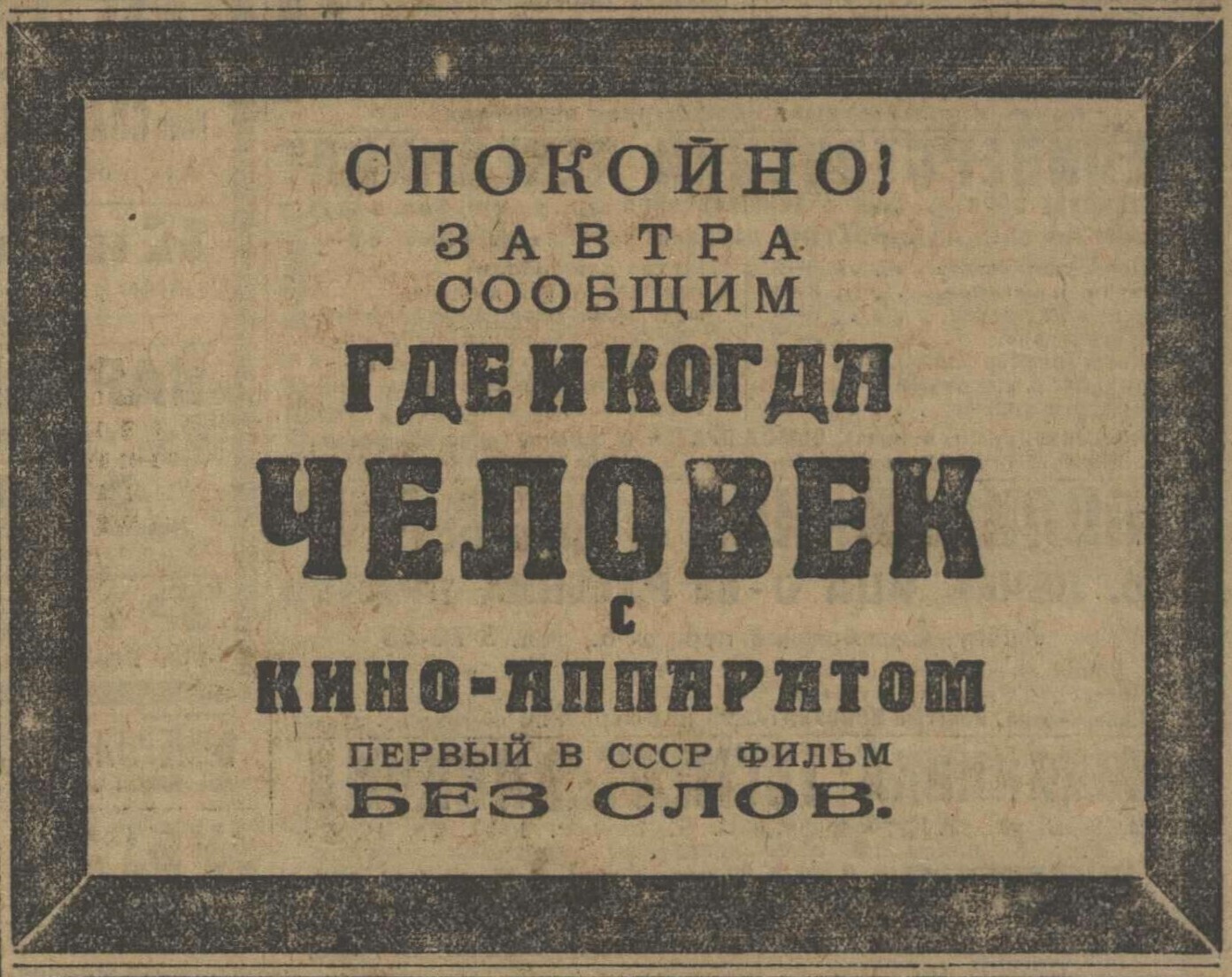The discussion will focus on Dziga Vertov, one of the key figures in the history of Soviet avantgarde film. This public talk with film historians continues the public program of the VOKS kinema Research Laboratory.
In the second half of the 1920s, the Soviet Society for Cultural Relations with Foreign Countries (VOKS) saw the films by Dziga Vertov and his pupils and fellow kinoki [«film eye”] filmmakers very differently from most Soviet critics and viewers. While in the Soviet Union Man with a Movie Camera was condemned for its indifference to politics and aestheticism, VOKS used it as an ideological weapon abroad. In 1929, Vertov—for the first time in his life— traveled abroad to show his film at the exhibition Kino und Foto in Stuttgart.
One of the goals of VOKS was to introduce foreign audiences to the best examples of Soviet art, which contributed both to the prestige of the USSR abroad and the strengthening of its connections with leftwing intellectuals. For Vertov, the trip to Germany became an inspiration to continue his work: in Europe, he felt that leftfield creativity was not only not criticized but in fact warmly welcomed.
The speakers will discuss the latest discoveries related to Dziga Vertov’s later life and work, the restoration of his cinematic legacy, and his role in the work of VOKS.
